Over long periods of religious practice, Chinese Daoism (Dào jiào 道教) developed a set of distinctive techniques (dào shù 道术). Among them are the hand seals (shǒu yìn 手印).
Read more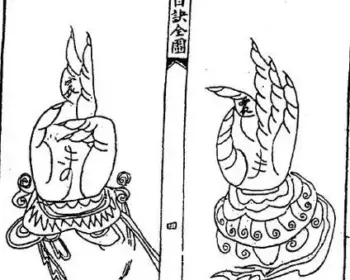

Over long periods of religious practice, Chinese Daoism (Dào jiào 道教) developed a set of distinctive techniques (dào shù 道术). Among them are the hand seals (shǒu yìn 手印).
Read more
The “Fasting Incantation” (Jié Zhāi Zhòu, 结斋咒), central to the Daoist cultivation practices at Mount Jinyun (Jìn Yún Shān, 缙云山). Practitioners recite it calmly before and after each of the three daily meals. By holding
Read more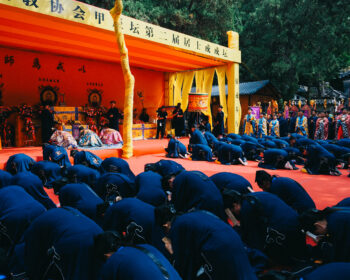
The Daoist doctrine is the teaching that is passed on orally from master to student, the works of Daoist records, instructions and literature collected over centuries. The 10 guidelines listed here are a commitment to
Read more
In Daoism, there are ten evil actions that, if committed, bring harm from spirits and lead to a miserable fate in the realm of the underworld. These teachings are upheld by the Celestial Masters (汉天师府)
Read more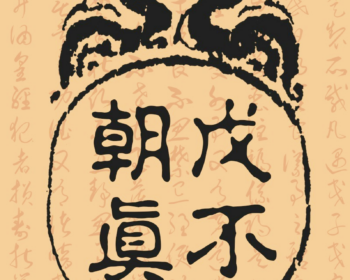
Wǔ Rì (戊日) is a Taoist term also known as “Wǔ Bù Cháo Zhēn 戊不朝真,” one of the many prohibitions within Taoist practice. This is referred to as “Avoiding Wǔ (避戊).” Many believers are aware
Read more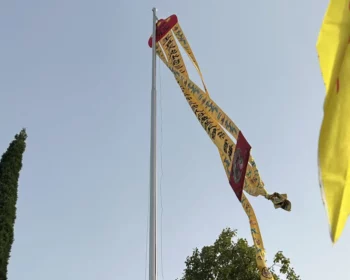
The sacred banner (宝幡, bǎofān) is a common ritual object in Daoist ceremonies, distinct from the ritual pennon (幢, chuáng). While the pennon often includes a canopy and a staff for carrying, the banner is
Read more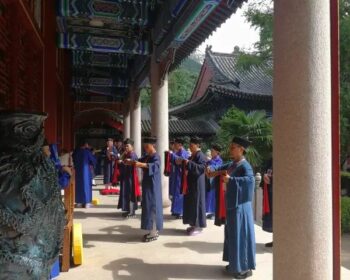
Introduction of the ordination masters The Great Taoist ordination (天仙大戒 Tian xian dàjiè) in the Quan Zhen Pai must include the participation and presiding of a Great Ordination Master (大律师, dà lǜshī), Chief Seat Master
Read more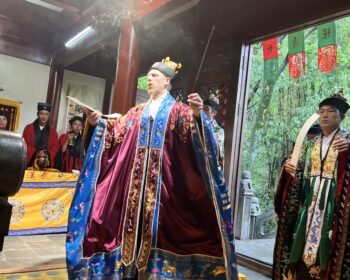
Daoist ceremonies hold a profound place within the rich tapestry of Daoist philosophy and practice. Rooted in ancient Chinese traditions, these ceremonies encompass a wide range of rituals and
Read more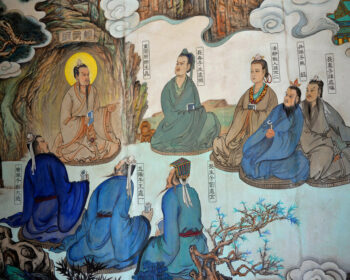
The Quanzhen tradition is a prominent school of Daoism that has greatly influenced the development and practice of Daoist ceremonies. Rooted in the teachings of Wang Chongyang and his disciples during the Jin Dynasty (1115-1234
Read more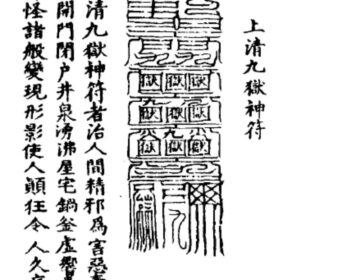
The structure of the head, belly and foot of the Taoist talisman from top to bottom symbolizes the unity of heaven, earth and man,
Read more